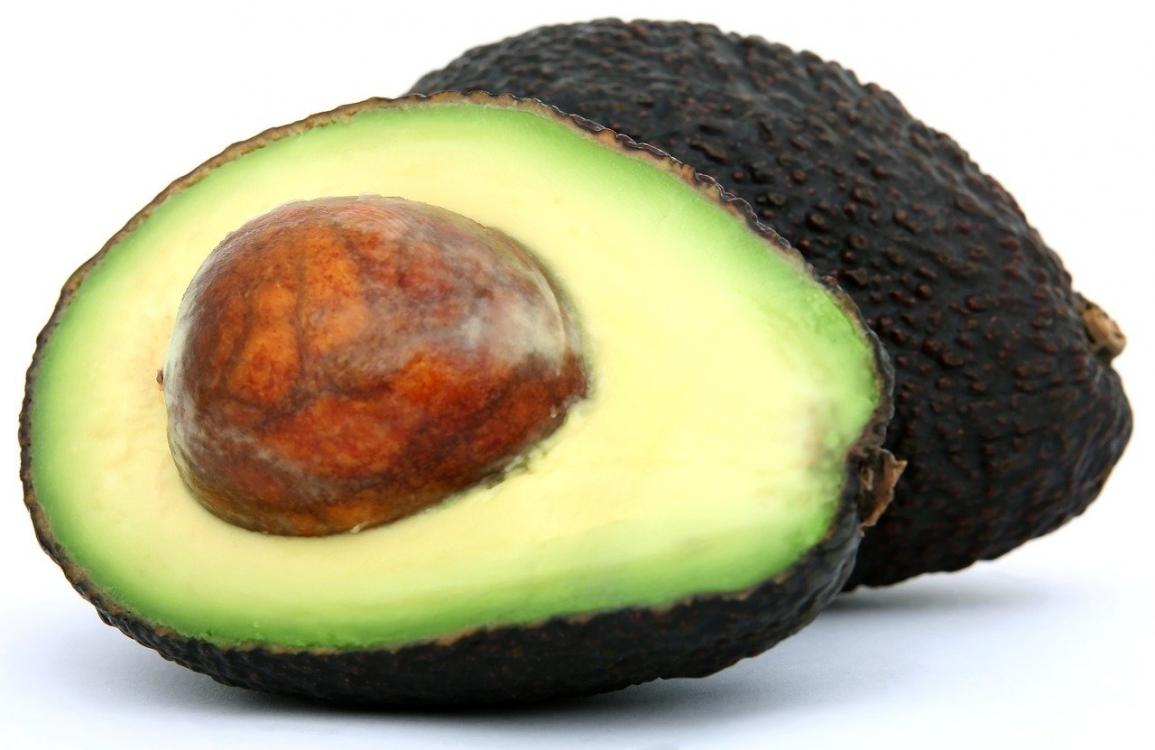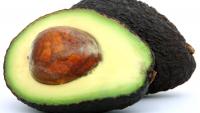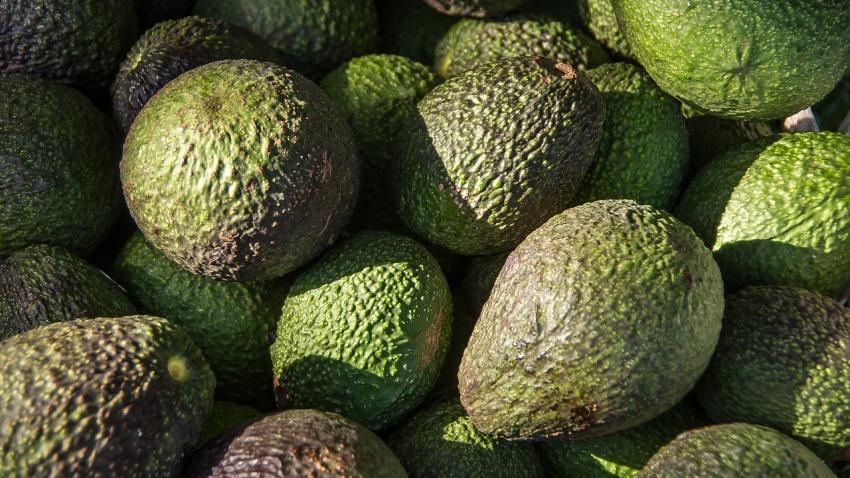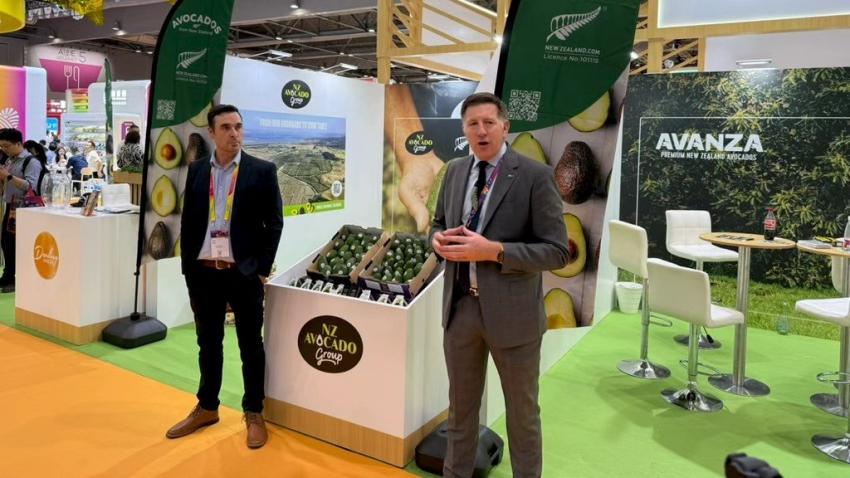You are here
Back to topPhilippine Hass Avocados Approved for Import, Dole Likely to Dominate

On Nov. 29, China’s General Administration of Customs announced that Philippine Hass avocados meeting the required standards are now approved for import into China, according to China’s laws and regulations and the stipulations of the Phytosanitary Standards Protocol for the Import of Fresh Philippine Avocados to China between the People’s Republic of China and the Republic of the Philippines’ Department of Agriculture.
Reports suggest that Dole is likely to become the sole exporter of Philippine avocados to the Chinese market. To date, Dole Philippines has been the Philippines’ only exporter of avocados to the international market, and the fruit are classified into seven different categories according to packaging type and fruit size (115–325 g). The Philippines’ avocado orchards are concentrated on the island of Mindanao, and the fruit leaves the country via the Port of Davao. Aside from the Hass variety, other avocado varieties are grown in the Philippines in villages and private gardens, although these are not suitable for export as they do not meet the standards for regulated orchard production.
Currently, the Philippines’ main fruit exports to China include bananas, pineapples, mangos and papayas, which collectively represent an annual export value of $300 million. Among these, bananas are the largest category, with an annual export value of $250 million, followed by pineapples, with an annual export value of $40 million. The Philippines has been China’s largest supplier of imported bananas and pineapples for some time. Although Philippine mangos are popular in other Asian countries such as Japan, the volume of Philippine mangos and papayas currently being imported into China remains relatively small; the Philippines is China’s fifth largest supplier of mangos and third largest supplier of papayas. Overall, fruit production accounts for 25% of the output of the Philippines’ agriculture and fishing sectors, with traditional products such as coconuts, sugar and tuna also occupying a large share of the market.
Once Philippine avocados hit the Chinese market, there will be six major competitors on the domestic avocado market. These are Mexico, Chile, Peru, New Zealand, Kenya (which was approved to import avocados earlier this year) and now the Philippines. Philippine avocados offer a combination of high quality and low cost, and the country’s relatively short distance from China will mean short shipping times and a high degree of freshness.
Image: Pixabay
This article was translated from Chinese. Read the original article.
The official announcement from the General Administration of Customs regarding the approval of Philippine avocados for import can be found here (in Chinese).













